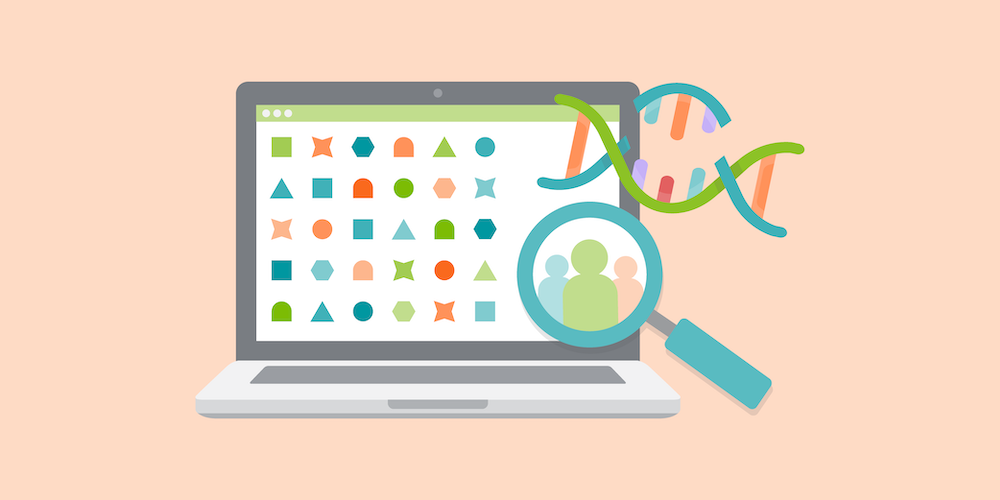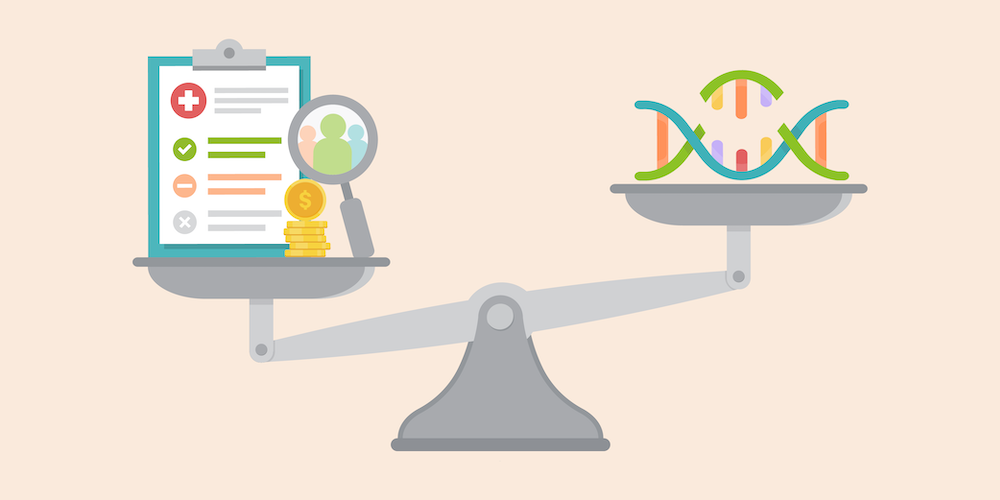Breaking Down the Human Genome Project: Past, Present, and Future
By Caleigh Findley

The Human Genome Project (HGP) remains a landmark scientific initiative that captured global attention and redefined the boundaries of genetic research. Launched in 1990 and completed in 2003, this monumental undertaking sought to sequence the entirety of the human genome—a staggering 3 billion base pairs of DNA. The project redefined our understanding of human genetics and catalyzed a wave of technological and ethical challenges that continue to shape modern science and medicine.
Explore the enduring influence of the HGP and its key lessons in health equity and genomics.
Transforming Our Understanding of Genetics
HGP revolutionized genetics by providing an unprecedented reference map of the human genome. HGP has made profound advances in disease research by identifying genes linked to conditions like cancer, diabetes, and Alzheimer’s disease. This knowledge facilitated the development of precise diagnostics and targeted therapies that were previously unimaginable.
Pharmacogenomics has also flourished in the wake of the HGP. By understanding individual genetic variations, researchers can create personalized medications tailored to unique genetic profiles, improving efficacy and safety. Evolutionary biology has also gained new insights through the comparative study of human and non-human genomes, offering a deeper understanding of our genetic diversity and evolutionary history.
Ethical Questions Remain
With the HGP completed, the field of genomics entered a new era characterized by rapid technological advancements and groundbreaking discoveries. Technologies like next-generation sequencing (NGS) have made DNA sequencing faster, cheaper, and more accessible. Initiatives such as the 1000 Genomes Project and the All of Us Research Program have expanded our understanding of genetic variation across diverse populations. Moreover, CRISPR-Cas9, a groundbreaking gene-editing tool, owes much of its utility to insights gleaned from the HGP.
Despite its groundbreaking achievements, the HGP has also brought ethical considerations to the forefront of genomic research. Privacy and data security concerns have become paramount, particularly regarding the potential misuse or discriminatory application of stored genetic information. Questions surrounding health equity have also emerged, highlighting the uneven distribution of genomic research benefits. Marginalized populations remain underrepresented in genomic datasets, which limits the applicability of research findings to these groups and perpetuates existing health disparities.
These issues underscore the need for robust ethical guidelines and public discourse to navigate the challenges posed by this rapidly evolving field.
Health Equity in Genomics
The lack of diversity in genomic research has been one of the most glaring shortcomings of the HGP era. Currently, most genomic data derives from individuals of European ancestry, leaving many other populations underserved. This disparity not only limits the generalizability of genomic research but also exacerbates health inequities, as underrepresented groups miss out on tailored medical advancements.
To address these gaps, inclusive research initiatives must prioritize the recruitment of participants from diverse backgrounds. Community engagement is equally critical; fostering trust and collaboration with underrepresented communities can lead to more equitable research outcomes.
The Road Ahead
The HGP’s legacy lies in its transformative discoveries and the potential it has unlocked for future advancements in science and medicine. Future directions in genomics include integrating multi-omics approaches for a holistic view of human biology, utilizing AI to analyze large datasets for novel insights, and advancing gene and cell therapies to address previously untreatable conditions.
The Human Genome Project stands as a testament to the power of scientific collaboration and innovation. Its accomplishments have reshaped our understanding of life’s blueprint, offering unprecedented opportunities to advance medicine and biology. However, realizing the full promise of genomics requires addressing the ethical and equity challenges that persist. By learning from the past and striving for inclusivity, the legacy of the HGP can serve as a foundation for a future where the benefits of genomic science are shared by all.






